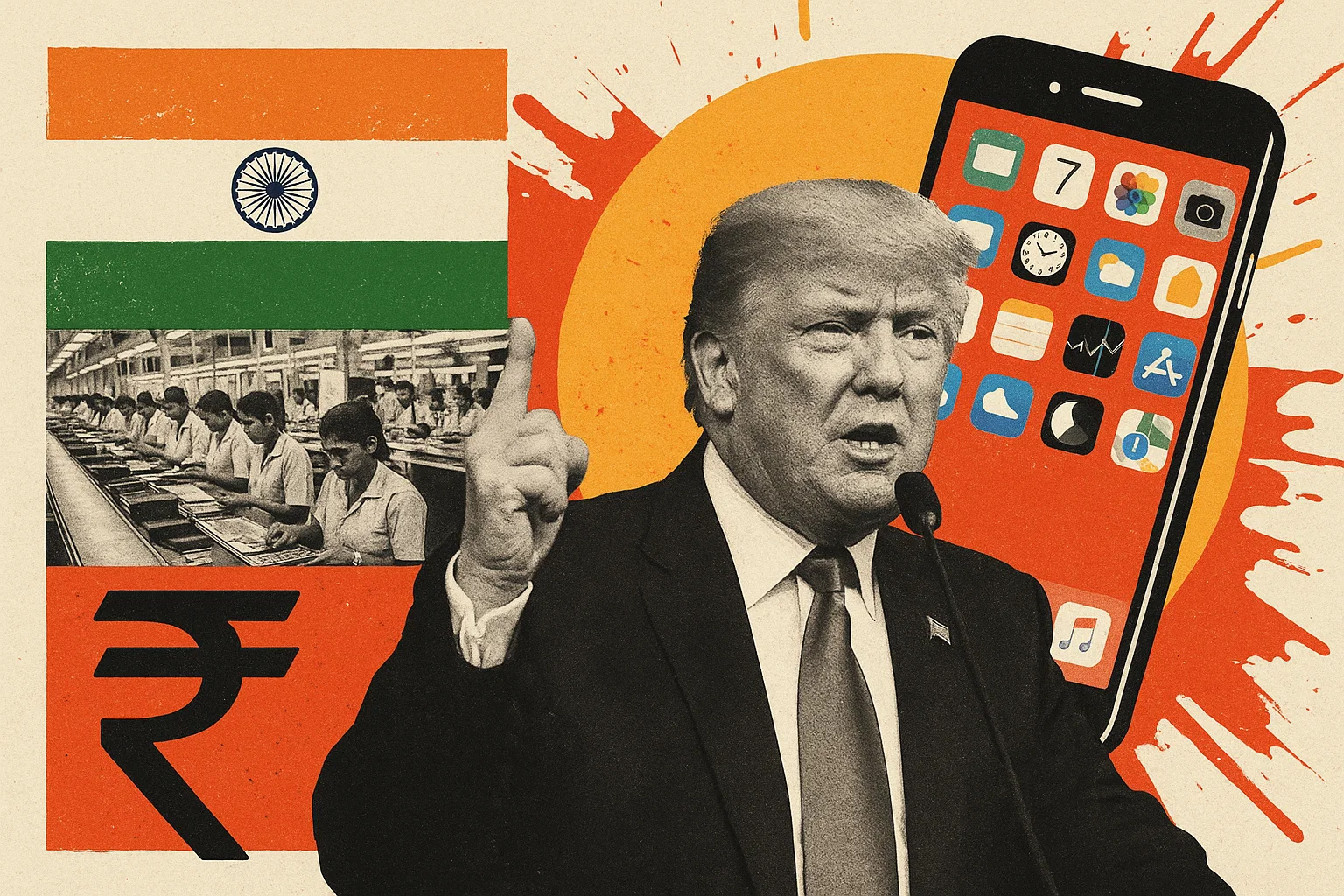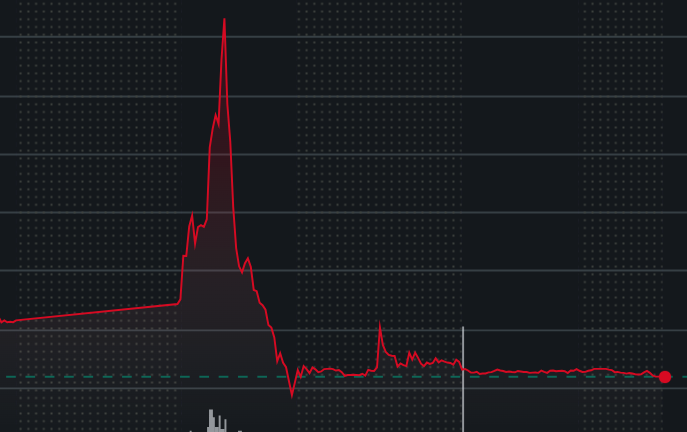Trump’s Rebuke to Apple Over India Manufacturing

In May 2025, President Donald Trump publicly criticized Apple CEO Tim Cook over the company’s plans to shift iPhone production from China to India, urging a return to U.S.-based manufacturing. Despite the pressure, Apple remains committed to its India strategy, highlighting the complexities of global supply chains and geopolitical tensions.
During a business summit in Qatar, President Donald Trump disclosed a recent conversation with Apple CEO Tim Cook, expressing his disapproval of Apple’s plans to expand iPhone production in India. Trump stated:
“I said to him, ‘Tim, you’re my friend. You’re coming here with $500 billion, but now I hear you’re building all over India. I don’t want you building in India.'”
He emphasized his preference for Apple to increase manufacturing within the United States, criticizing India’s high tariff structure and suggesting that India “can take care of themselves.”
Apple’s Strategic Shift to India
Apple has been gradually diversifying its manufacturing base, moving a significant portion of iPhone production to India. This shift aims to reduce reliance on China amid escalating U.S.-China trade tensions and associated tariffs. Reports indicate that Apple plans to source all iPhones sold in the U.S. from India by the end of 2026.
In response to Trump’s remarks, Apple executives have reaffirmed their commitment to expanding manufacturing in India, citing the country’s growing capabilities and strategic importance in their global supply chain.
Marginfall Take: Navigating Geopolitical Pressures
Apple’s move to shift iPhone production to India reflects a strategic response to geopolitical challenges and the need for supply chain diversification. While President Trump’s call for increased U.S.-based manufacturing aligns with domestic economic goals, the complexities of global production networks make a complete relocation challenging.
India’s emergence as a manufacturing hub offers Apple a viable alternative to China, balancing cost, capacity, and geopolitical considerations. Despite political pressures, Apple’s commitment to its India strategy underscores the importance of flexibility and resilience in navigating the evolving landscape of global trade and manufacturing.













